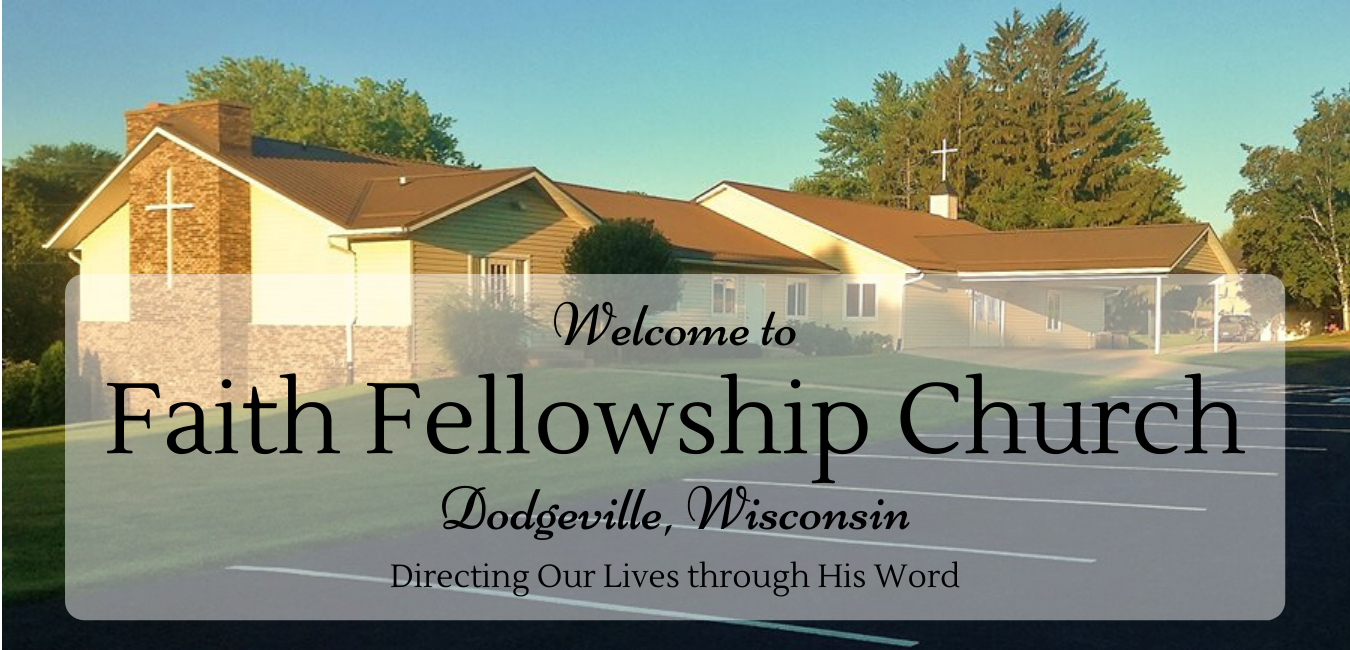
We are approaching the end of our series in Luke, a series which began in September of 2019. It has blessed me in many ways. First, I learned so much about our Lord Jesus Christ, and how He wants us to be His faithful followers. His teachings are so rich. His commands are so freeing. Secondly, I have grown in my understanding of being a pastor. It was through Luke that I realized a pastor has less to do with a pulpit, and more to do with people. Our Lord’s pulpit was the plains of Judea, Samaria, and Galilee, and His mission was to bring people closer to the Father.
But what I’d like to focus on is the third thing I’ve learned, namely the approach to the method of preaching. You see, since I began as a pastor in Spring of 2019, I didn’t really have any method of preaching, except Paul’s method to Timothy:
“Preach the Word!” – 2 Tim. 4:2a
I’ve been around in Christian circles long enough to know there is an old, ongoing debate as to which method of preaching a pastor should take. How should he approach the method of preaching?
Generally, there are three categories of preaching methods:
1st Method – Topical Preaching
I don’t know for sure, but I would say that this method is the most popular method among evangelical churches in America. It basically means that the pastor chooses a topic and then preaches multiple sermons dealing with the issues surrounding that topic, finding verses that speak to that topic
For example, he might choose to preach on family relationships, and then preach sermons that deal with dating relationships, marriage, romance, the role of a husband, the role of a wife, parenting, and so forth.
2nd Method – Verse-by-Verse, Book-by-Book Preaching
This is likely the second most popular method. It follows a pattern of the pastor choosing a book of the Bible, and then preaching through the book one verse at a time, or at least one section at a time.
3rd Method – Isolated Sermon Preaching
This method has grown out of popularity but was the preferred method during the Victorian era and practiced by the “prince of preachers”, Charles Spurgeon, as well as other men like John Wesley and George Mueller.
The pastor basically asks God to lay a Bible verse on his heart, and then preaches from that Bible verse. Every Sunday is a different text, and usually a different theme.
Looking back over my three years here at FFC, I realized that I’ve utilized all three methods at some point. In our sermon series, The God of All Comfort and The Grandeur of Grace, I approached preaching topically. In our sermon series A Friend in Jesus, I approached preaching verse by verse (although, I confess, not every single verse). And, in between the main series of sermons, I preached isolated sermons that were either associated with a particular holiday, such as Our Fathers’ Wells for Father’s Day, or were simply isolated texts the Lord laid on my heart, such as The Worshippers Whom God Seeks.
There are probably more methods, but these are the most common. Now, there are pros and cons to each method.
For the topical preacher, the benefit is that he can address specific topics which directly relate to the lives of his congregation. They generally tend to be very relatable and applicable. The temptation, however, is that the pastor may only preach what is easy to preach on, or what he thinks the congregation might just want to hear. As a result, certain topics may be avoided all together. This is why many seeker-sensitive churches tend to be strictly topical.
For the verse-by-verse, book-by-book preacher, the benefit is that he is forced to preach on subjects and passages that are extremely difficult, and the congregation hears Scripture that might otherwise be overlooked. For example, in Luke, I can’t say it was easy to preach on the text “he who denies me before men will be denied before the angels of God.” (12:9).
The downside is that the preaching can easily turn into a running commentary. Also, the temptation is to only preach books of the Bible that are short, neglecting the “whole counsel of God” (Acts 20:27)
There are some pastors who are passionate about the verse-by-verse, book-by-book preaching method. They argue that their method is preaching according to God’s organizing of the Scriptures.
I always thought when I heard that, “Well, technically you should start with Genesis 1:1, and then go from there to Revelation 22:21? That is, after all, how God set it up.” I believe I met one pastor who attempted this. I don’t think he made it.
For the isolated sermon preacher, the benefit is that he is constantly coming to God in prayer asking Him to show him what passage he is to preach on. It naturally creates a dependence on God to lead the preacher to the text for that week.
However, the isolated sermon preacher can also run the risk of avoiding difficult passages and even miss the opportunity to bring connected theme to the congregation over a period of time.
Now, having preached all three methods and having heard the debate over these methods, the question comes into my mind, “which is the best method?” Answer?
There is no best method.
This is what I’ve learned: it’s not the method that matters. It’s the content. What do I mean?
I’ve preached sermons in Luke where I’ve been told, “That was boring,” and other sermons where people told me, “That really spoke to me.” I’ve preached sermons in The Grandeur of Grace that people have constructively criticized and others that people have spoken well of. I’ve preached isolated sermons that people have wanted copies of, and others that fell to the wayside.
Setting aside people’s reactions, I’ve realized that the content, conviction, and power behind a sermon is how God makes an impact, not the mere method. Ultimately, what really matters is that the preaching is both from God’s Word and with God’s power.
A topical sermon can be void of truth and God’s power, just as much as a verse-by-verse sermon, just as much as an isolated sermon. Unless one argues that the preacher must simply read the Scriptures from the pulpit, the preacher has the task of taking the already established truth of God’s Word and bringing it to light and life to the congregation, by the power of the Holy Spirit. That takes humility, dependence on God, and disciple to study. Anyone can stand up and rattle off nonsense with any of the three methods.
Believe me, I know because I’ve done it.
This means I must not be committed to any one method except the one which God has already established:
“Preach the Word!”
